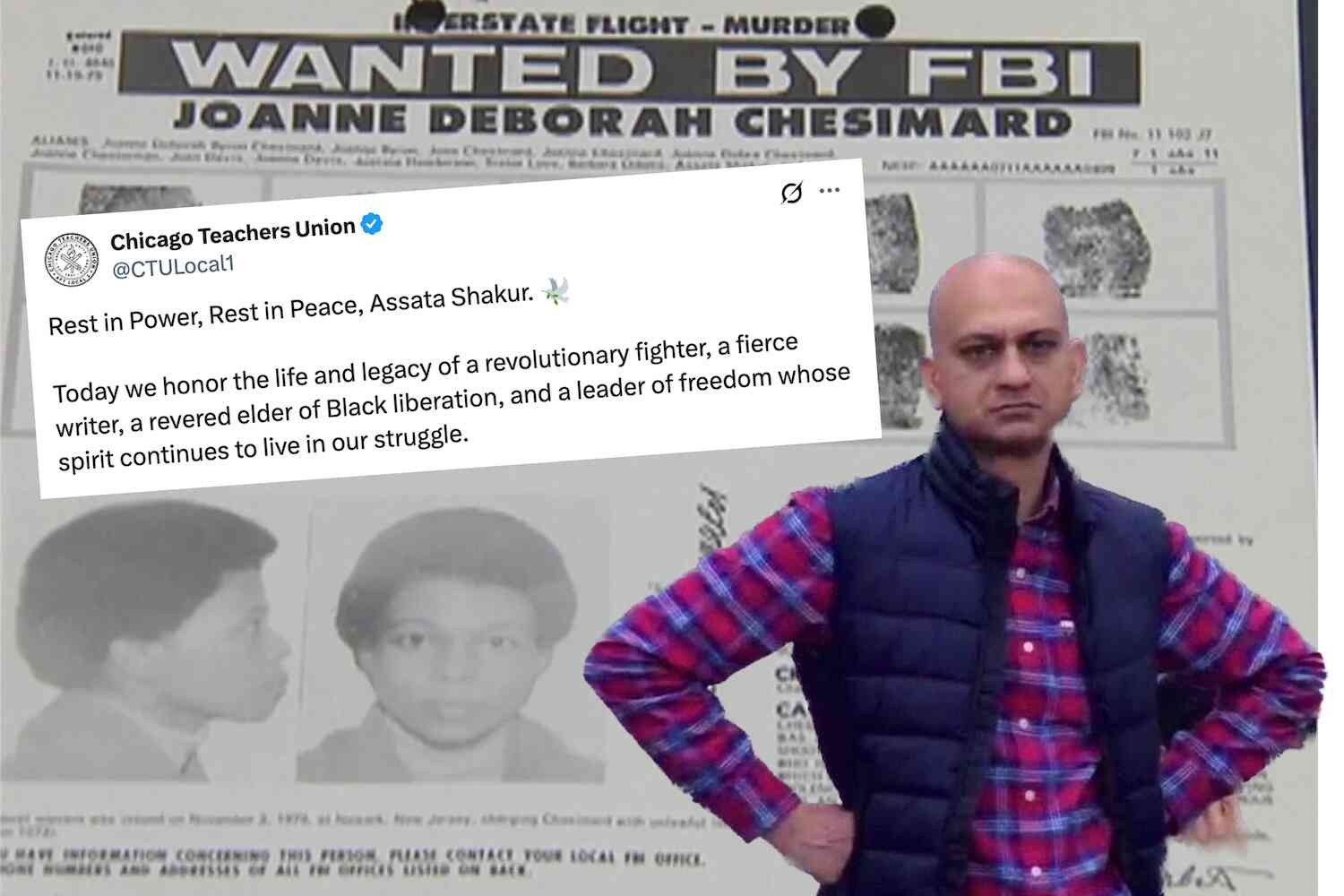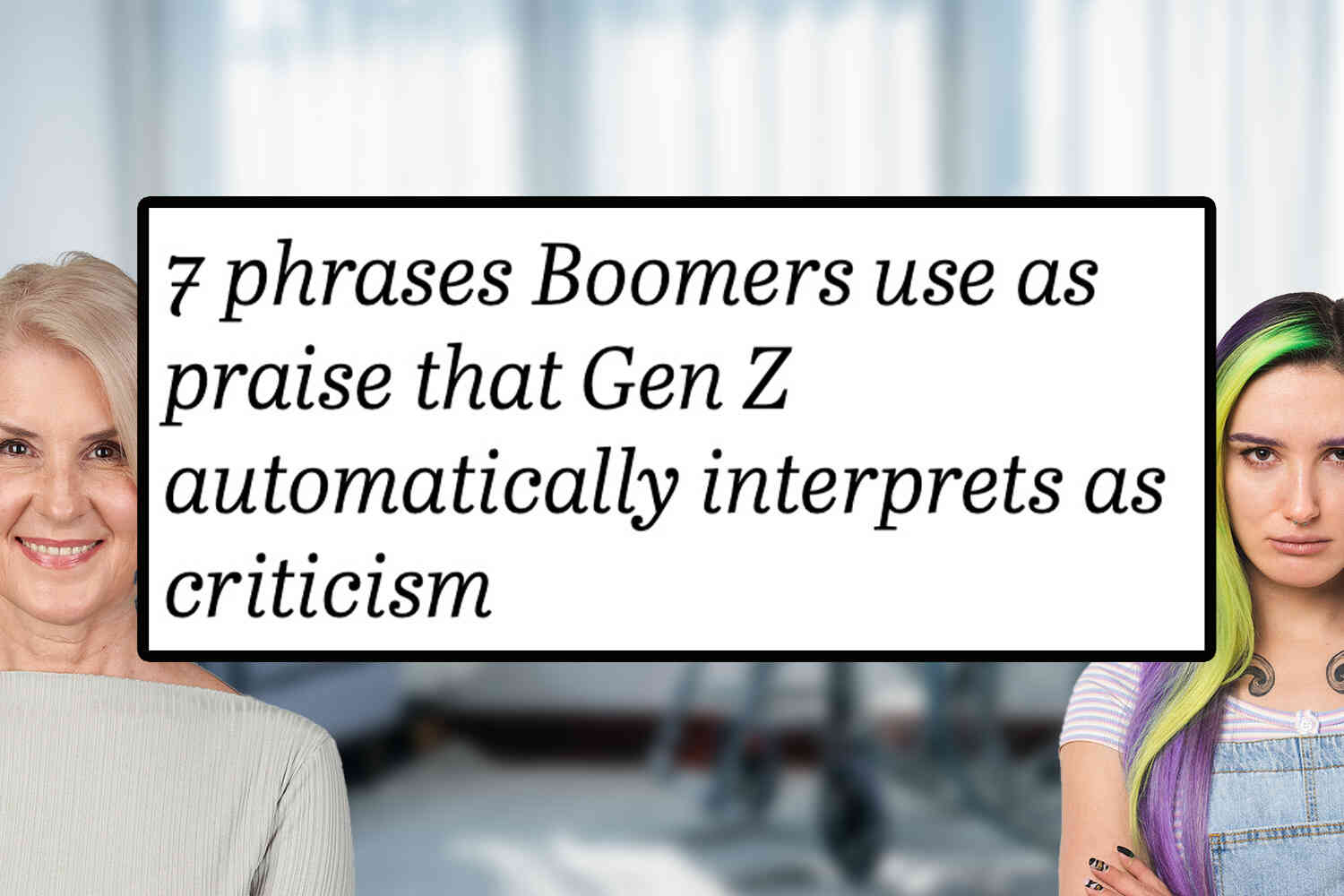Erika Kirk recently stepped in to host The Charlie Kirk Show, filling her late husband's seat. She spoke about Turning Point's mission, shared memories of her and Charlie, and carried herself with a grace that was both moving and powerful.
Watching her, a grieving widow, radiate strength and a peace clearly rooted in the gospel of Jesus in the midst of such tragedy was nothing short of inspiring — a real testimony to faith.
Of course, the internet's army of NPC brain-rot cynics couldn't let it be. Some people were apparently offended by nothing more than Erika smiling on air (yes, really), even asserting she's faking grief.
See here, for one example, showing a photo of Jackie Kennedy looking grieved after the death of JFK next to a photo of Erika smiling with Trump, asserting Erika is unbothered by her husband's passing.
Or here (many such cases). 👇
Some actually went so far as to say Erika Kirk was wrong for forgiving her husband's killer, at or best weak — as if obeying Christ's direct command is now the controversial move. Apparently, we're only supposed to forgive people once they give a perfectly worded apology and show proper repentance. Yes, believe it or not, that's the new "theology" floating around in certain "Christian" circles online.
But let's pull a few takeaways from this — about forgiveness, grief, and the need for grace in a cynical age.
1. Forgiveness isn't optional for the Christian.
Jesus doesn't present forgiveness as a suggestion — it's a command. In Matthew 6:14 - 15, He makes it crystal clear: if we withhold forgiveness, we should not expect forgiveness from our Father. Paul echoes this in Ephesians 4:32, calling believers to forgive "as God in Christ forgave you." Forgiveness is not about excusing sin or ignoring justice — it's about personally reflecting God's mercy. The gospel itself is grounded in undeserved grace: while we were still sinners, Christ died for us (Romans 5:8). To refuse forgiveness, even toward the unrepentant, is to forget the very forgiveness that saves us.
Matthew 18:21 - 22 — 'Then Peter came up and said to him, "Lord, how often will my brother sin against me, and I forgive him? As many as seven times?" Jesus said to him, ‘I do not say to you seven times, but seventy-seven times.'
It's also important to note that personal forgiveness and magisterial justice are not at odds. Both are godly. Both are required. Erika can, should, and has forgiven her husband's killer. The government should justly and swiftly put her husband's killer to death (if found guilty after fair trial). Erika's forgiveness is her leaving vengeance to the Lord, letting go of personal bitterness, and trusting in His sovereign judgment. The state putting the killer to death is God's earthy justice, bearing the sword against the evildoer (Romans 13) for the sake of the innocent. Both bring glory to God.
2. Grief is not hopelessness.
Not everyone grieves the same. It comes in waves, in stages. Anyone who's lost someone or something significant knows this reality. But the Christian does not grieve like the world grieves (rather, the Christian should not because we have an eternal reason not to grieve in the same hopeless manner). Paul says in 1 Thessalonians 4:13 that we mourn, but not "as others do who have no hope." Erika's smile, her memories, her peace — all of these are not signs of denial or weakness, but of hope rooted in resurrection. Death is real, yes, but it is not final. Christ has conquered the grave, and for the believer, death is only a temporary separation. Grief can hold both tears and laughter, sorrow and joy, because Jesus has promised that every goodbye in Him is only for a little while. Erika knows this, and she's confident her Savior will make all things new again. This is a concept the world cannot comprehend, so don't be surprised when they respond in kind.
Meg Brock wrote:
'Calling out' Erika Kirk for smiling is disgusting and vile.
It also highlights a distinction between therapy culture and the Bible.
Therapy culture teaches individuals to view themselves as victims and ruminate on their pain.
The Bible teaches individuals to bring their pain to God and ruminate on His love, joy, provision and comfort.
The smile of brokenhearted widow is a measure of strength and grace.
May God bless her and her children. May they have many moments of joy while walking through such deep sorrow.
3. More grace, less cynicism.
Online culture thrives on negativity. Outrage, hot takes, and hyper-cynicism are the currency of the day. But Christians are called to something better. Titus 3:2 says we are to "speak evil of no one, to avoid quarreling, to be gentle, and to show perfect courtesy toward all people." Constant suspicion and snark don't make us discerning; they make us bitter. What Erika displayed was grace in the face of grief. What her critics displayed was cynicism in the face of love. Which one looks more like Christ?
At the end of the day, Erika Kirk's testimony is louder than any Twitter troll's criticism. She chose forgiveness. She chose hope. She chose grace.
That's exactly the kind of example Christians — and frankly, the internet — desperately need.
P.S. Now check out our latest video 👇
Disclaimer: The opinions expressed in this article are those of the author and do not necessarily reflect the opinions of Not the Bee or any of its affiliates.









